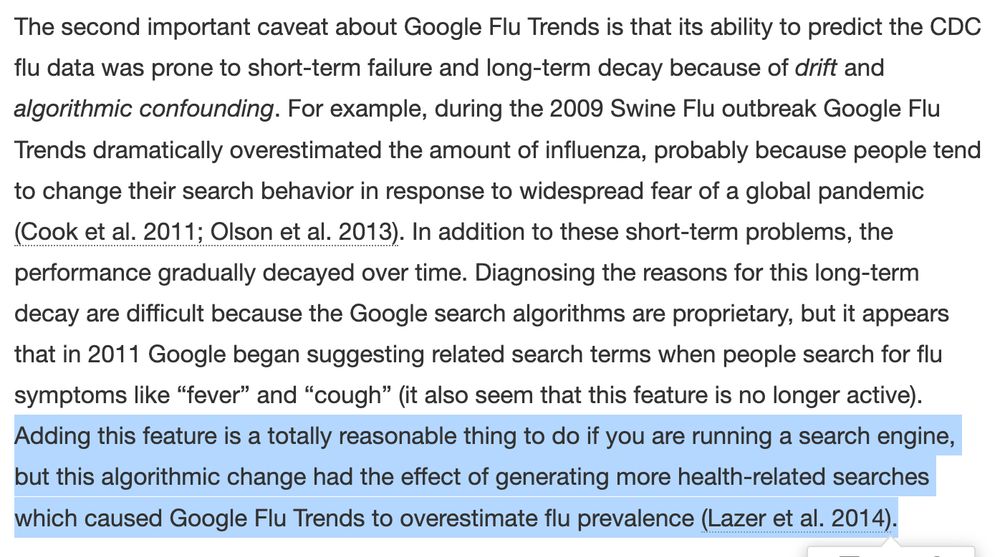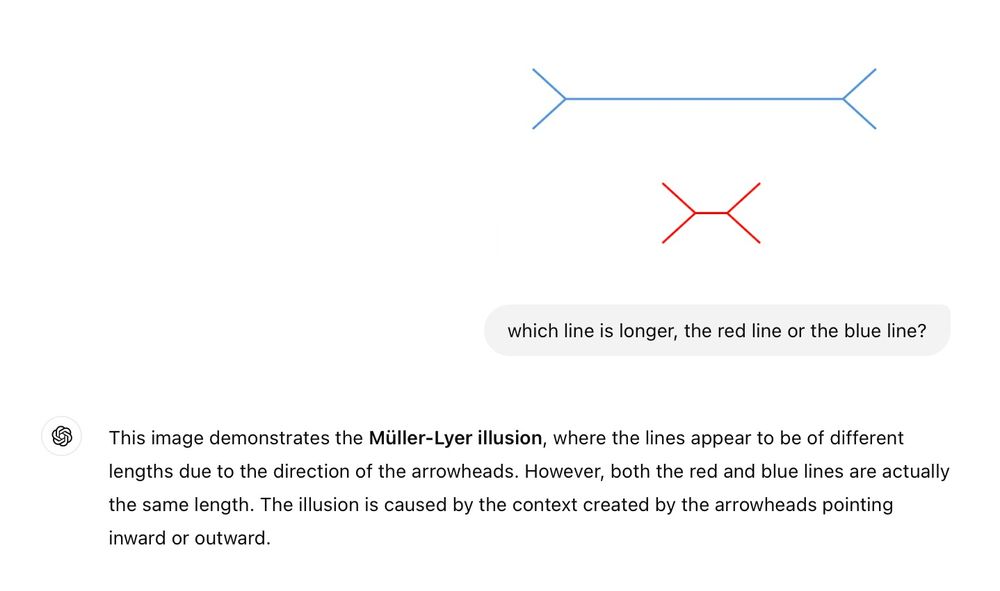Johan Ugander
@jugander.bsky.social
3.2K followers
480 following
130 posts
Associate Professor, Yale Statistics & Data Science. Social networks, social and behavioral data, causal inference, mountains. https://jugander.github.io/
Posts
Media
Videos
Starter Packs
Reposted by Johan Ugander
Reposted by Johan Ugander
Reposted by Johan Ugander
Reposted by Johan Ugander
Reposted by Johan Ugander
Reposted by Johan Ugander
Reposted by Johan Ugander
Reposted by Johan Ugander
Johan Ugander
@jugander.bsky.social
· Aug 24
Reposted by Johan Ugander
Reposted by Johan Ugander
Reposted by Johan Ugander















